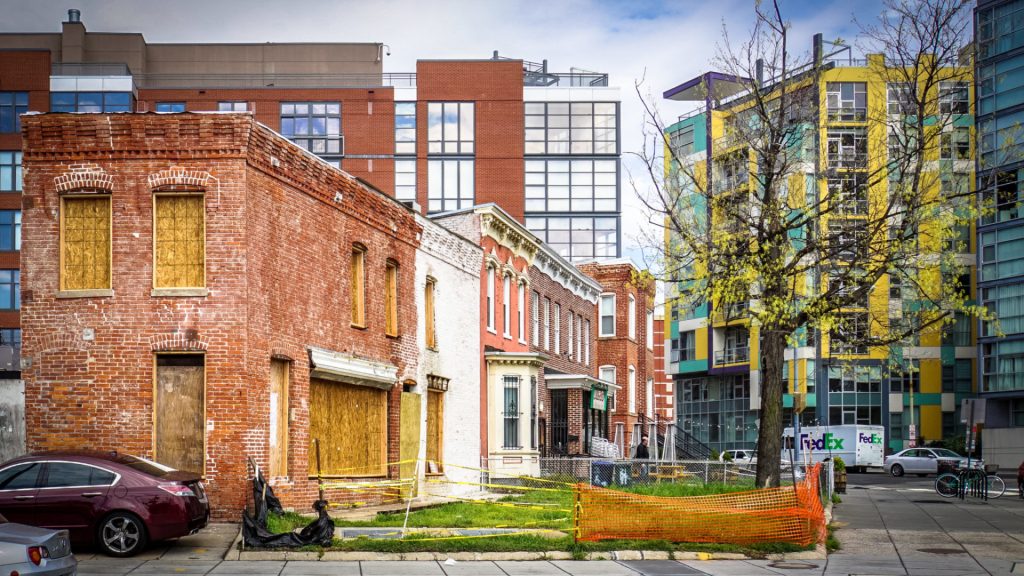Building the Future: A Comprehensive Guide to Zoning in Philadelphia

Ever dream of turning that quaint corner shop into a bustling bakery, or transforming your quiet residential street into a vibrant community hub? The City of Brotherly Love brims with potential, but before your entrepreneurial spirit takes flight, you’ll need to understand the intricate dance of zoning in Philadelphia.
Imagine pouring your heart and soul into a business plan, only to discover your dream location falls within a restricted zone. The frustration can be immense, leaving you wondering: Is my vision even possible?
Fear not, future Philadelphian innovator! This guide empowers you to navigate the city’s zoning landscape with clarity and confidence. Let’s embark on a journey that transforms confusion into informed action.
Unveiling the Zoning Maze: An Overview
Philadelphia’s zoning code, implemented in 2012, dictates permissible land uses across the city. Think of it as a blueprint, categorizing areas into distinct districts, each with its own set of regulations governing building heights, densities, and permitted uses. From towering skyscrapers in Center City to sprawling single-family homes in the suburbs, each zone serves a specific purpose.
Understanding these classifications is crucial. Did you know that over 70% of Philadelphia’s land area falls under residential zoning, highlighting the city’s commitment to fostering vibrant neighborhoods? But don’t let that statistic dampen your spirits! Numerous commercial and mixed-use zones offer ample opportunities for creative ventures.
Demystifying the Code: Resources at Your Fingertips
The code itself, however, can resemble a foreign language to the uninitiated. Fear not! The City of Philadelphia provides a wealth of resources to aid your exploration. Here are your starting points:
- The Philadelphia Zoning Code: Dive deep into the official document, available online or at libraries. While comprehensive, it requires careful study.
- The Philadelphia City Planning Commission: Their website offers user-friendly guides and interactive maps, making zoning information more accessible.
- Zoning Atlas: This interactive tool allows you to explore zoning designations by address, offering a visual understanding of your target area.
Remember, these resources are your allies. Utilize them to your advantage, and don’t hesitate to seek clarification from professionals like planners or architects familiar with the code’s nuances.
Beyond the Code: Considerations for Success
While the code forms the foundation, your zoning journey doesn’t end there. Consider these additional factors:
- Community Input: Zoning decisions often involve public hearings. Understanding community concerns and incorporating them into your plans can foster support and smooth the approval process.
- Variances and Special Exceptions: Don’t be discouraged if your initial research throws a curveball. The zoning code allows for flexibility through variances and special exceptions, which can be granted under specific circumstances. Seek professional guidance to explore these options.
- Sustainability: Philadelphia prioritizes eco-friendly development. Consider incorporating sustainable elements into your plans, as they can enhance your project’s appeal and potential for approval.
FAQs: Zoning in Philadelphia, Demystified
-
Do I need a lawyer to understand zoning regulations?
While consulting a lawyer specializing in land use can be beneficial for complex projects, many resources are available for individual exploration. Start with the official channels mentioned above, and seek legal counsel if you require in-depth guidance or navigate complex approval processes.
-
How long does it take to get a zoning approval?
The timeframe varies depending on the project’s complexity and potential need for variances or special exceptions. Allow ample time for research, community engagement, and permit applications to ensure a smooth process.
-
What are the most common zoning challenges in Philadelphia?
Parking requirements, building height restrictions, and compatibility with surrounding uses are some frequently encountered hurdles. However, proactive planning and clear communication with stakeholders can help overcome these challenges.
Remember, zoning in Philadelphia may seem daunting at first, but with dedication, research, and the right resources, you can transform your vision into reality. So, unleash your entrepreneurial spirit, embrace the challenge, and start building the future you envision, brick by zoning district!

“Pop culture advocate. Troublemaker. Friendly student. Proud problem solver.”




